Keywords: Hey Hey It
There are more than 200 results, only the first 200 are displayed here.
-
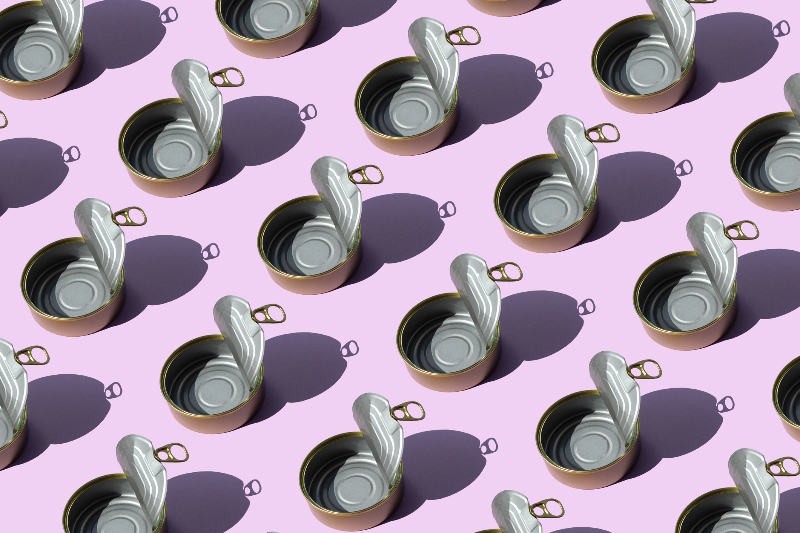
ARTS AND CULTURE
- Andrew Hamilton
- 10 February 2022
16 Comments
My ambivalence about philosophy came from my placing a high value on reason and its desire to test its own limits, but simultaneously being inherently suspicious of reasons. They are the stuff out of which the tin-soldiers of isms are created and so often used to patrol the fence that separates acceptable from unacceptable thought.
READ MORE 
-
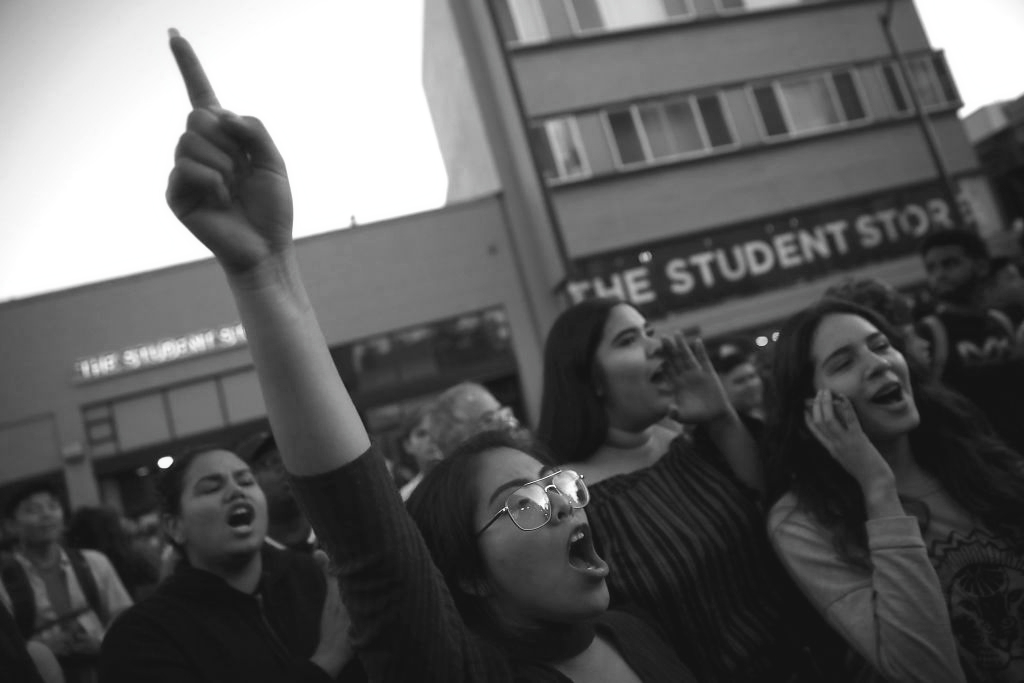
INTERNATIONAL
- Kenneth S Stern
- 08 February 2022
25 Comments
The university campus is really the ideal place to tackle thorny issues. It is a safe place to examine all ideas, even — or perhaps especially — those that people find offensive or disturbing. The sad fact, though, is that there is a push these days to send the opposite message to students — that they should be shielded from intellectual discomfort.
READ MORE 
-
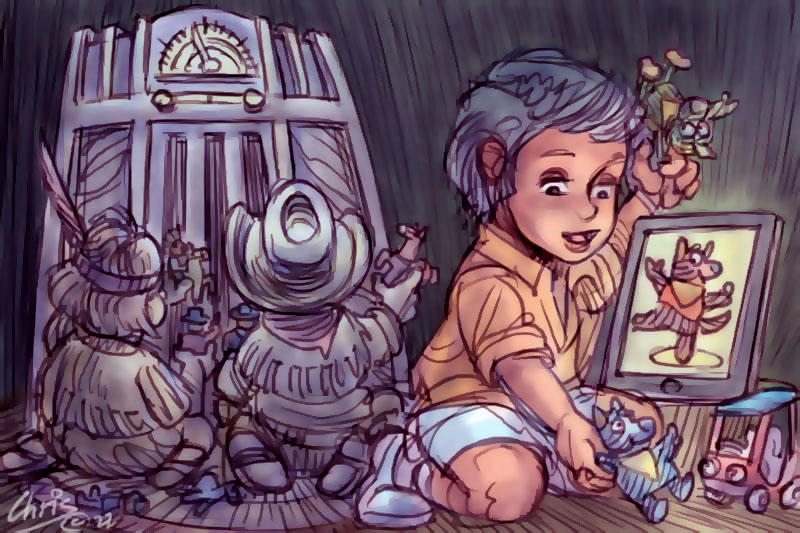
ARTS AND CULTURE
- Gillian Bouras
- 25 January 2022
10 Comments
I’m not sure that my Greek grandchildren know the word antediluvian or whether they have heard of Methuselah, but they certainly consider me an ancient relic who occasionally tells tall tales and true from the legendary past, and from another land. Of course they are unable to conceive of life or domestic space without screens: even my youngest grandchild, who has just had her first birthday, knows when a Skype call is imminent, and coos accordingly.
READ MORE 
-

MEDIA
- Denis Muller
- 11 January 2022
4 Comments
The landscape has changed, and there is no going back. Individual journalists are now integrated into the ranks of pundits, urgers and persuaders who abound online. At their employers’ behest, they blog, they podcast, they ‘engage’ as the current jargon has it, with those who post comments to their articles online.
READ MORE
-
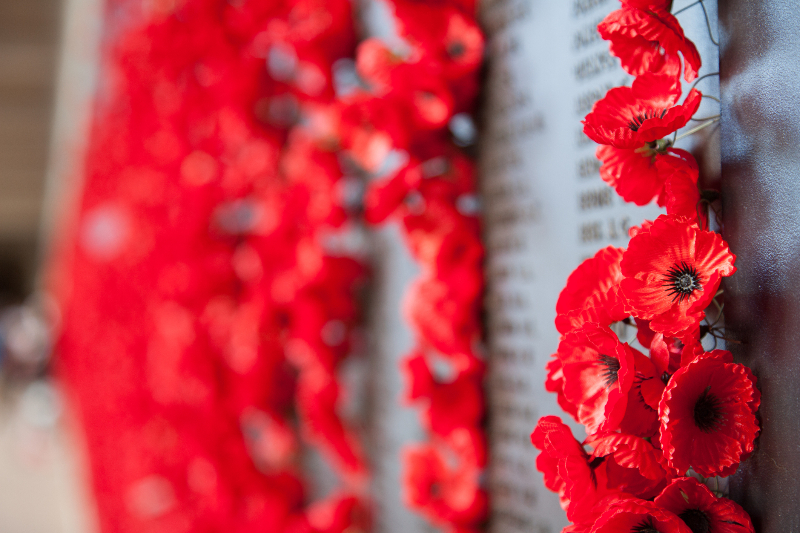
AUSTRALIA
- Andrew Hamilton
- 10 November 2021
13 Comments
Aficionados of United Nations Days and Weeks will know that this is the Week of Science and Peace. In the middle of it, perhaps deliberately and certainly paradoxically, sits Remembrance Day. Initially called Armistice Day, it marked the end of the First World War and of the industrial scale killing involved in it. The events of 1918 and what they might say about the relationship between war and science merit reflection today.
READ MORE 
-
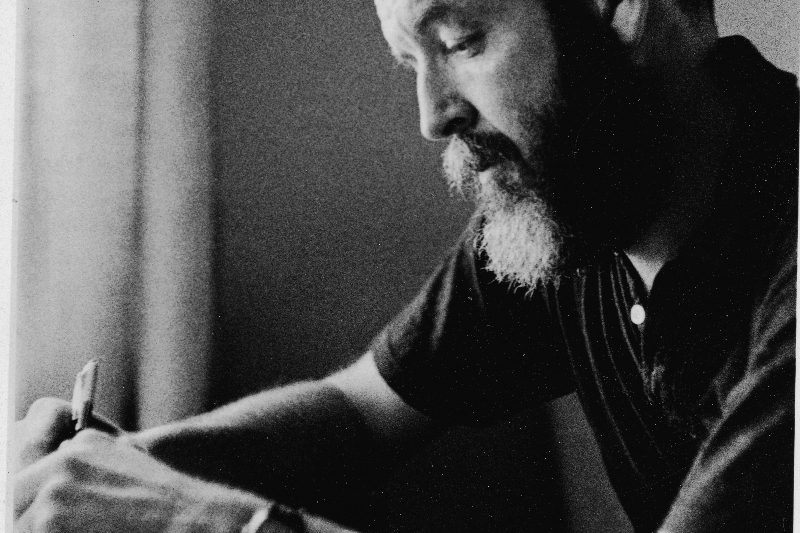
ARTS AND CULTURE
- Philip Harvey
- 04 November 2021
10 Comments
Although I teach poetry and do occasional workshops, the following is written in response to one such workshopper, new to writing poetry, who in lockdown would message me on social media with fairly open-ended questions about poetry. My answers are written after the wry manner of the Polish poet Wislawa Szymborska; wry, but generally helpful. They are not the launch pad for a new poetics. I have stopped for now at 12 questions, but the questions keep rolling in.
READ MORE 
-

ARTS AND CULTURE
- Andrew Hamilton
- 28 October 2021
4 Comments
Sins have often been divided into those of thought, word and deed, with deed regarded as the worst. Today we pay more attention to sinful words, realising the harm that they can do. Bad words can bring social exclusion. Yet complex questions surrounding the use of words remain.
READ MORE 
-
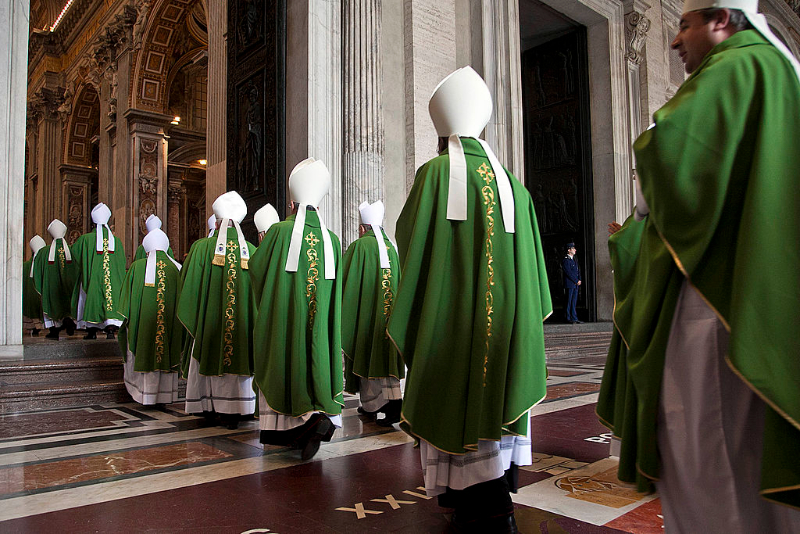
RELIGION
- Brian Lucas
- 21 October 2021
32 Comments
One takeaway from the First Assembly of the Plenary Council that might come as no surprise is that the controlling elite in the Church, the bishops, are not dependent on popular support. They are appointed not elected. They are generally irremovable. They come from a culture that is about preserving ‘the tradition’ (which can easily be expanded to include historical novelties that are not really part of the tradition). Moving into the new world of synodality brings obvious challenges.
READ MORE 
-
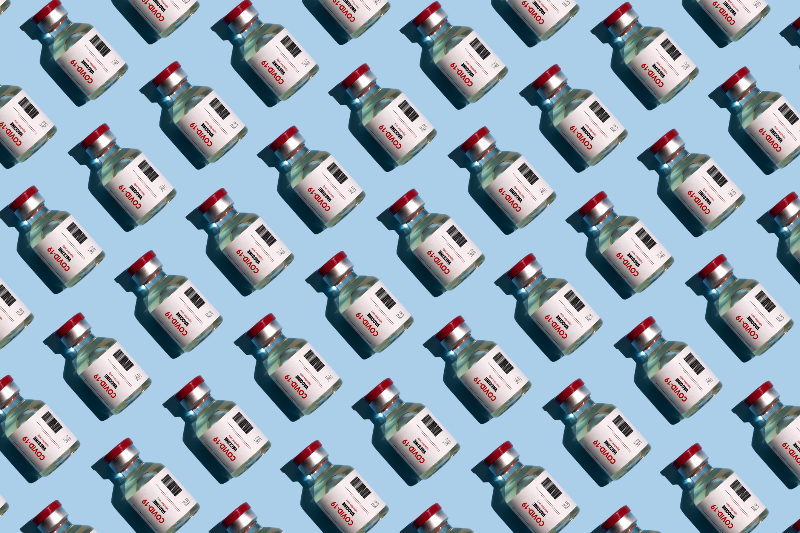
INTERNATIONAL
- Binoy Kampmark
- 14 October 2021
13 Comments
With the world clearly divided between those vaccinated against COVID-19 and those who are not, ethicists, public health specialists and politicians have become more preoccupied by the prospect of booster shots.
READ MORE 
-
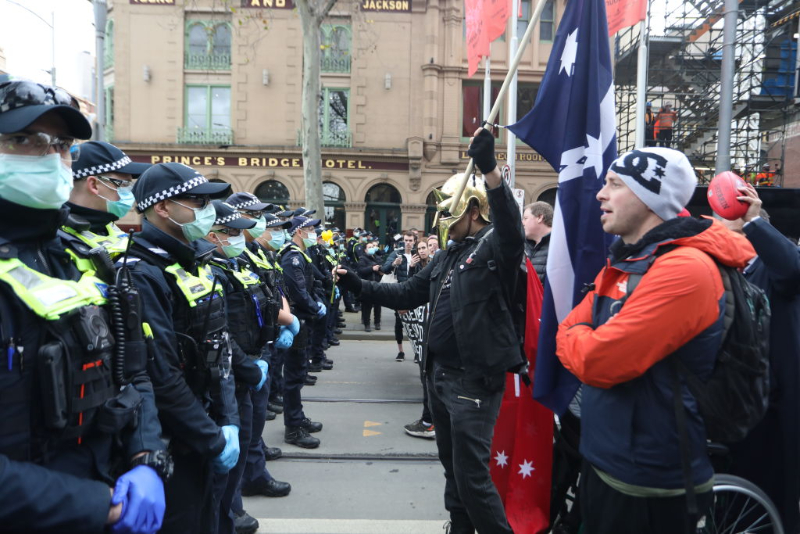
AUSTRALIA
- Julian Butler
- 28 September 2021
9 Comments
Walking down to the local Saturday morning street market, I wasn’t expecting to find myself amidst the beginnings of a violent protest. Seeing some police, I thought they were out and about to ensure the public weren’t taking too many liberties with the slightly eased restrictions that had come into effect for Melbourne the previous night. But half a dozen on each corner of Church St and Bridge Rd in inner-city Richmond suggested something more.
READ MORE 
-
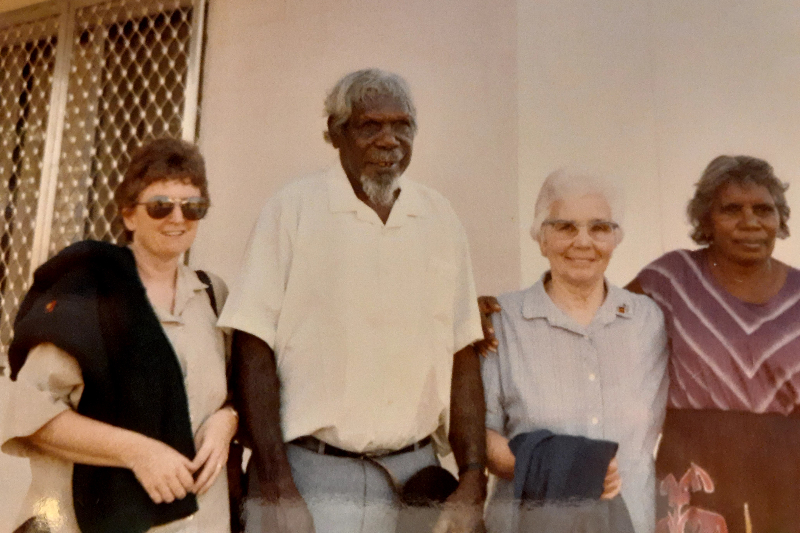
AUSTRALIA
- Paul Cleary
- 21 September 2021
1 Comment
In the late 1970s, two Mercy sisters answered a call to work with Aboriginal people, and they chose a place in the Pilbara region of Western Australia that had a notorious reputation. Sisters Bernadette Kennedy and Bernadine Daly arrived in the largely Aboriginal town of Roebourne in Australia’s north-west in mid-1978 to see if they were needed. They quickly discovered that in a town ‘awash with alcohol’ there was great need.
READ MORE 
-

AUSTRALIA
- Andrew Hamilton
- 15 September 2021
7 Comments
A striking feature of the Australia’s path through Coronavirus has been the coming out of epidemiologists and social biologists. From being little known members of small institutes they became rock stars, invited to press conferences, deferred to by politicians, selectively chosen for comment by the media, but also resented by representatives of big business and defenders of individual freedom.
READ MORE 